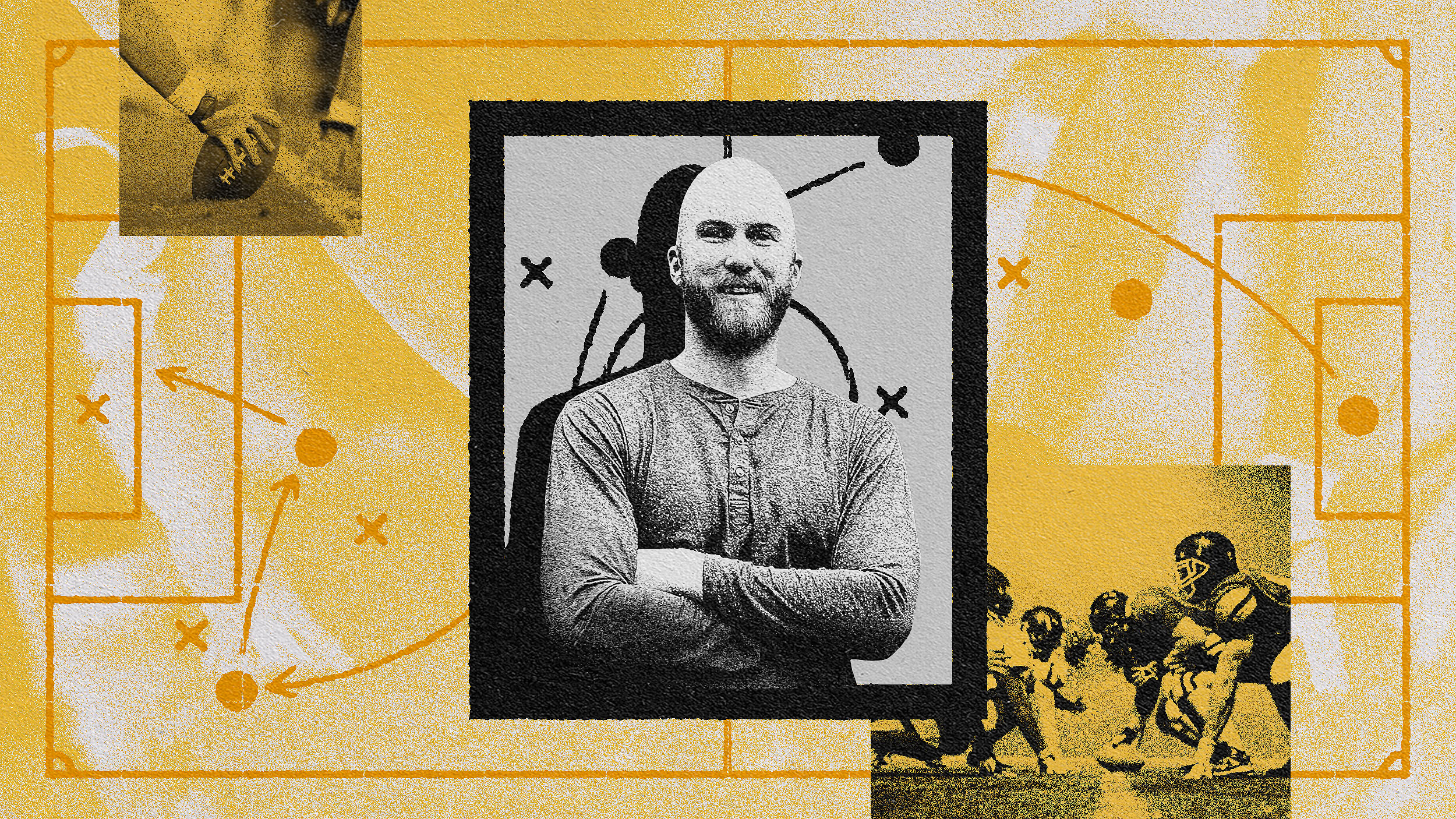“Parrhesia”: The importance of speaking truth to power and how to do it well

- The idea of a “court jester” speaking truth to power is a common one in history. Machiavelli believed it was essential to good governance.
- The ancient Greek philosophers called this “parrhesia” and practiced it often. In modern times, Michel Foucault reinvented the idea.
- Here we look at three practical ways parrhesia might apply in our lives.
Henry VIII of England was a corpulent, binge-drinking, gouty tyrant. He killed the disloyal and dissolved the entire English wing of the Catholic Church when the Pope said he couldn’t divorce his wife. Henry was a king who was quick to laugh and quick to wrath. Here was a man who drained the coffers as quickly as his wine goblet, and who married his way around European royalty. A good character for Game of Thrones; fun for history, but not his subjects.
As you can imagine, few people spoke frankly to Hal. People whispered and giggled, but no one dared to speak up. Except for Will Sommers. Sommers was a hunchbacked jester who was by Henry’s side for most of his life. Sommers was witty, musical, and silly — key virtues of the jester. But more importantly, he was the only person who often and sharply spoke truth to the king. Sommers would mock Henry’s girth and his gout. He called the king out on his profligacy and his libido. He made songs about his moods.

Sommers takes his place in a long tradition of “talking truth to power.” In Arthurian legend, a fool called Dagonet is jokingly knighted and instructed to keep the Round Table in check. In Japanese history, the Taikomochi — or male geisha — played jester, court advisor, and military general. But it need not be a jester. For the political theorist Niccolò Machiavelli, everyone powerful should have advisors who can speak frankly. “A wise prince,” Machiavelli wrote, “ought to choose the wise men in his state and give to them only the liberty of speaking the truth… He who does otherwise is overthrown by flatterers.”
This idea that we should be honest — painfully honest — to those in power has an ancient Greek word: “parrhesia.” Here, we see how important it really is.
Gulp and speak
The term parrhesia derives from the Greek words “pan” (all) and “rhesis” (speech). It involved speaking openly, frankly, and without fear of repercussions, a right available to everyone. This was a cornerstone of Athenian democracy, where the free flow of unvarnished truth was seen as essential for the health of the polis (society) and the well-being of its people. As Euripides put it, “It is slavery, not to speak one’s mind.”
In the philosophical dialogues, we find parrhesia at play in the exchanges between teacher and student, citizen and state. Plato’s Apology provides a poignant example, where Socrates defends his life of questioning as a service to the city, despite the personal cost. Plato (and, we assume, Socrates) believed that every authority needed to be challenged. A state needs checks and balances.
Millennia later, Michel Foucault reimagined parrhesia, situating it within the broader tapestry of ethical and political thought. Foucault described parrhesia as a form of fearless speech, a means of expressing oneself openly and honestly, even at great personal risk. This fearless speech is not reckless but is guided by a sense of duty towards the truth and the common good. It is the speech of the philosopher, the critic, or the citizen who dares to stand against the tide of popular opinion or the edicts of power and say what is true because it is true.
Parrhesia need not be limited to politics. A moving example of parrhesia is found in Leo Tolstoy’s book, The Death of Ivan Ilyich. In this book, Ivan is dying. He’s obviously dying, not only to the reader but to the characters he meets. Yet no one in the book will talk about it. No one will admit it to Ivan. Except for the peasant boy, Gerasim. Gerasim tells Ivan he will die, but not without compassion. Gerasim’s parrhesia cuts through the chorus of lies.
Everyday parrhesia
Away from the lascivious lives of English monarchs and the intellectual labyrinths of French postmodernism, how can we all hope to apply parrhesia in our own lives? Here are three takeaways.
Foster openness. The reason Machiavelli believed a leader was “overthrown by flatterers” was that they would never know how things actually were. The world will burn as you dance in your imagined pleasure garden, and no one will buy your product if you don’t listen to bad reviews. In the workplace, companies need to encourage employees at all levels to speak openly about their concerns, ideas, and feedback without fear of retaliation. For example, you could introduce anonymous feedback forms or have an HR representative mediate any concerns. What can a leader do? Over on Big Think+, Jim Whitehurst, interim CEO and President of Unity, and former President of IBM, has some advice.
Embrace accountability. For Foucault, one of the more underappreciated aspects of parrhesia is not only speaking truth to power but also speaking truth to yourself. It’s often harder to look at yourself in the mirror and say, “You let your team down on that one” or “That wasn’t your best work.” In 2014, Satya Nadella at Microsoft admitted he was “completely wrong” and “inarticulate” after having said women in tech shouldn’t ask for a pay raise. Public apologies and a frank mea culpa are what parrhesia is about.
Support your team. Most people working in medium-to-large companies will fall somewhere on a ladder. There will be people above you and people below you. It’s important to have hard conversations with team members who are getting it wrong, but it’s also important to stand up for your team to those higher up. The job of a manager is, sometimes, to take the heat. A 2020 study revealed what most of us would suspect: getting managerial support makes you happier, more committed, and better at your job.





